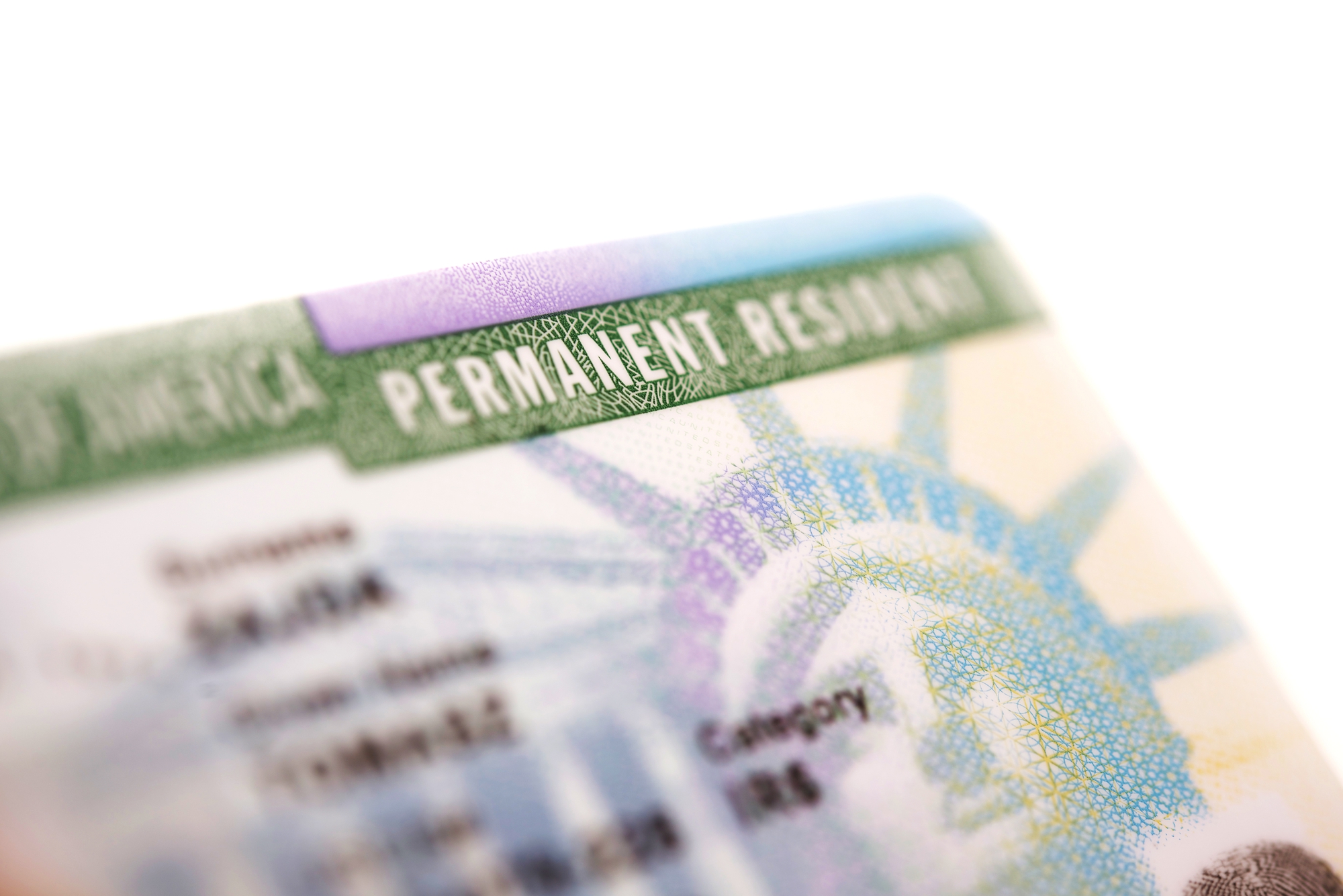Do you want to give up your US green card to exit the US tax system? Maybe you moved away and don’t need it anymore. But just letting it expire doesn’t end your permanent resident status, and you might still be liable for US taxes. Green card holders that are long-term US residents may even have to pay the dreaded exit tax when giving up their green card.
Every green card holder must formally turn in their green card and file their final US tax return in order to be off the hook for filing US taxes in the future. Long-term permanent residents have an even more involved renunciation process, which is the same as for US citizens giving up their passports. And just like US citizens, they may face exit tax when renouncing the green card.
Fortunately, with some advanced planning, the tax implications of giving up a green card can be minimized.
In this article we cover
- How To Abandon A Green Card
- Treaty Election To Be A Non-Resident
- When Do Green Card Holder Pay Exit Tax
- Who Is A Long-Term Permanent Resident
- Exit Tax Rules For Green Card Holders
- Avoid Being A Long-Term Permanent Resident
- Tax Implications Of Giving Up Your Green Card
How To Abandon A Green Card
The green card gives non-US persons the privilege to reside permanently in the United States. Letting the green card expire does not automatically revoke this privilege.
This means that you can’t just move away from the US, let your green card expire, and be done with your US tax obligations. You must take affirmative steps to revoke the green card.
There are multiple ways someone could lose the green card and its residency privilege. Besides voluntarily surrendering it, one could also forcibly lose the green card due to criminal and other activities, but this is outside the scope of this article.
To abandon your green card and with it your legal permanent resident status, you must file Form I-407.
Another way to abandon your permanent resident status is to make a treaty election to be treated as non-resident.
Treaty Election To Be A Non-Resident
A green card holder living abroad could use a tax treaty provision that allows them to be treated as tax resident of their home country and as non-resident for US income tax purposes.
While making this treaty election may result in a lower initial tax bill, it will also result in effectively abandoning your green card status. This could open you up to exit tax!
When Do Green Card Holder Pay Exit Tax
Exit tax can apply to two groups of people:
- US citizens relinquishing their passport.
- Long-term permanent residents giving up their green card.
The emphasis here is on “long-term”. Not every green card holder will be subject to exit tax. Only long-term permanent residents may have to pay exit tax. And then only if they meet one of three exit tax rules. (More about those rules in a moment.)
If you are not a long-term permanent resident, then you don’t have to worry about green card exit tax.
Who Is A Long-Term Permanent Resident
Only “long-term permanent residents” might have to pay exit tax. There are two parts to the definition: “permanent resident” and “long-term”.
Those who live in the United States for many years on a visa, rather than a green card, don’t have permanent residency privilege. So, people with a student visa, H1B, etc. would not be affected.
What does long-term mean? The IRS defines it as having held legal permanent resident status in eight out of the last 15 years. While this sounds simple, it isn’t always.
Note that it says “in” eight years, not “for” eight years. So even if you were a legal resident for part of that year, even just a day, that year still counts. This means, when you receive your green card in December, that year counts.
Also note that it doesn’t matter if you actually reside in the United States during that time or not. What matters is that you have the status, the privilege to do so.
For example, someone obtained a green card and became a lawful permanent resident in November 2016. The 8th year of their permanent resident status would’ve been 2023. So, this person is a long-term resident.
On the other hand, someone who obtained their permanent residency in 2020 is only in their fifth year as of 2024. This person is not a long-term permanent resident for the purpose of green card exit tax.
For green card holders that lived abroad and filed US tax returns with non-resident status, special rules apply to calculate the eight out of 15 years. An experienced tax specialist can help with the calculation.
If you are or could be a long-term resident by the time you plan to surrender your green card, exit tax rules apply to you.
Exit Tax Rules For Green Card Holders
The exit tax rules for long-term permanent residents, as defined above, are the same as for US citizens:
- Their worldwide net worth is $2million or more at the time of renunciation, or
- Their average annual US income tax liability over the last five years is greater than $190,000, or
- They have not been in tax compliance for the five years prior to renouncing.
If any of these three rules apply to you, you are a “covered expat”. This means you have additional paperwork to file and may have to pay exit tax when giving up your green card.
For more information, check out our article about exit tax.
Avoid Being A Long-Term Permanent Resident
One way to avoid green card exit tax is by not becoming a long-term permanent resident. If you haven’t met the eight out of 15 years yet and want to surrender your green card, make sure to file Form I- 407 or make a treaty election in time.
Those who are already long-term permanent residents can leverage the same planning strategies as American citizens to minimize the exit tax.
Tax Implications Of Giving Up Your Green Card
The tax implications of surrendering a green card range from zero implications to substantial exit tax and paperwork. It all depends on how long you’ve had the green card, and then on your personal net worth or tax situation.
Long-term permanent residents that meet one of the exit tax rules have the same options as American citizens to optimize their tax situation. Consult with a tax specialist who has experience with this.
Our team at Global Expat Advisors has helped green card holders and US citizens, include high-net-worth individuals, with this process.





